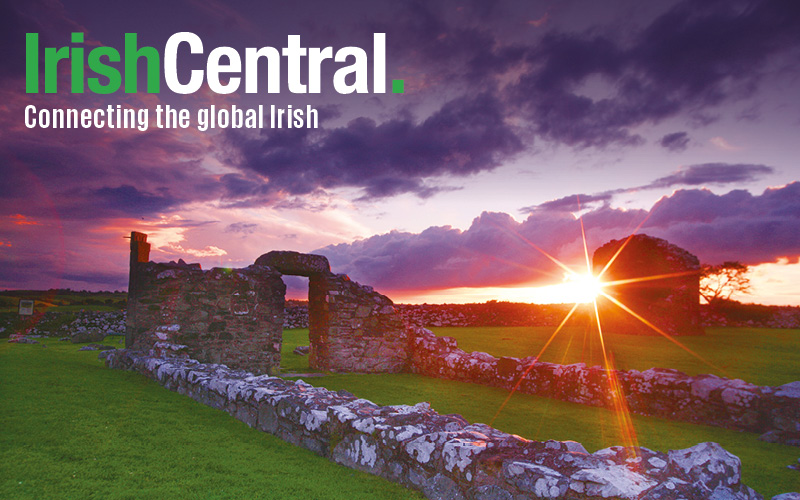A new report has revealed the risk of narcolepsy (a sleep disorder that causes excessive sleepiness and frequent daytime sleep attacks) is thirteen times higher among individuals given the swine flu vaccine Pandemrix, in comparison to those unvaccinated.
According to RTE, the study found there was 'a true increased risk' of narcolepsy in young people vaccinated with Pandemrix between the ages of five to nineteen years of age. Symptoms developed in the patients studied between two weeks to twenty months after their vaccinations.
The Irish Department of Health said this week that it is unlikely the vaccine alone explains what happened. International experts suggest a number of factors are likely to have contributed to the increased risk, the Department said, adding that international studies are ongoing.
Doctor Tony Holohan, the chief medical officer, vowed that the vaccination is very safe and that current vaccination programs should continue to go ahead to protect children and adults.
The new 43-page report says the Irish Medicines Board received reports of two confirmed cases of narcolepsy following vaccinations in March 2011. A total of 32 cases of narcolepsy with symptoms onset from April 2009 were reported.
Most of the patients reporting symptoms are children, with very few cases present in adults. The report added that the results are similar to those found in Finland and other Scandinavian countries.
The report also recommended that a new single national immunization information system be developed for all vaccination programs, to help with investigations into possible vaccine adverse events.
Irish clinics administered over 900,000 doses of the vaccine in 2009 and 2010. It is no longer recommended. The vaccine was fast-tracked for use due to the human swine flu crisis, which had aroused alarm in the general public, and at the time the Irish government gave the producers of the vaccine an indemnity.
Now a campaign group has been set up to represent families whose children were affected. They were given the new report on Thursday. Over 30 Irish children and their parents have been seeking health and educational support and a compensation program.




Comments